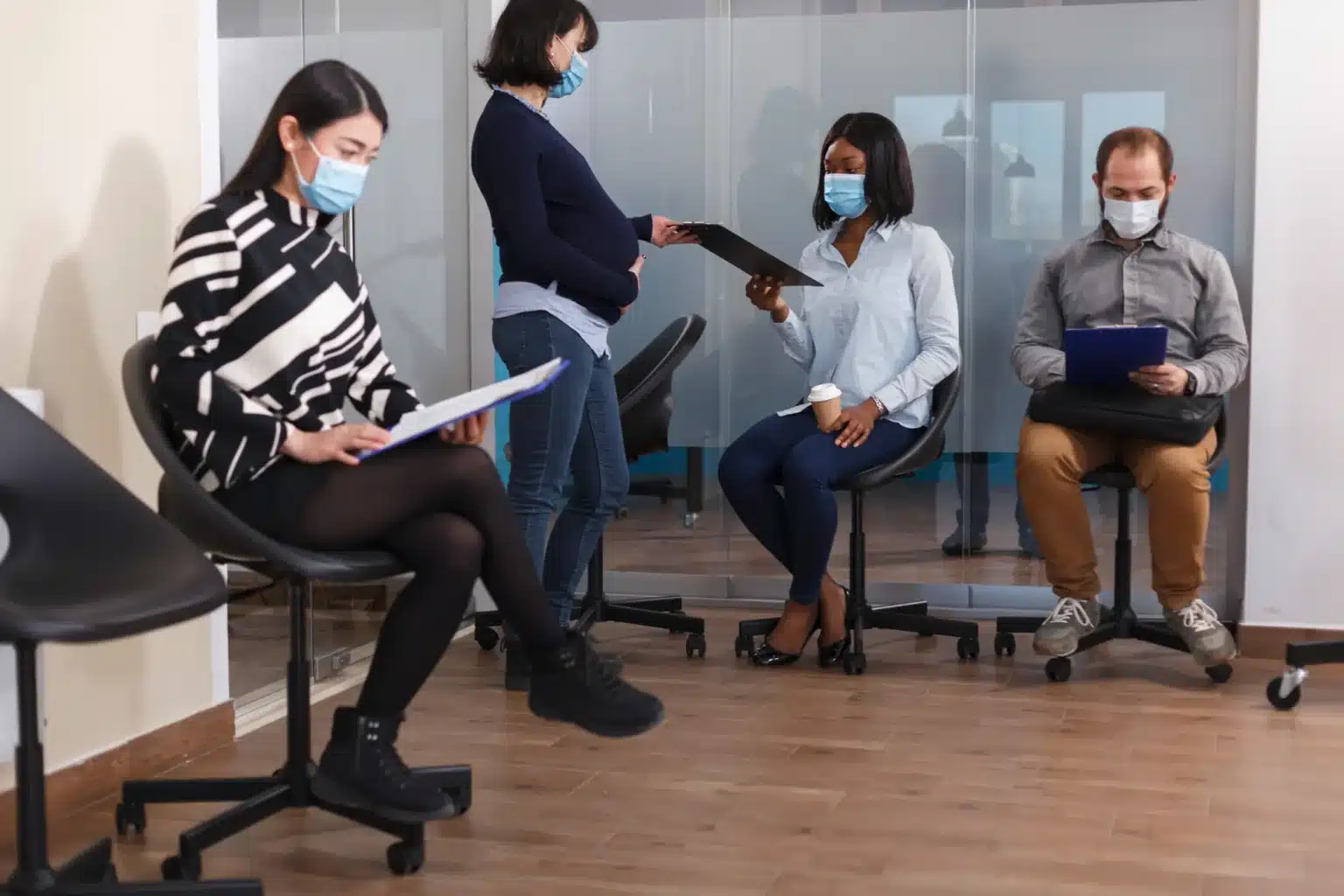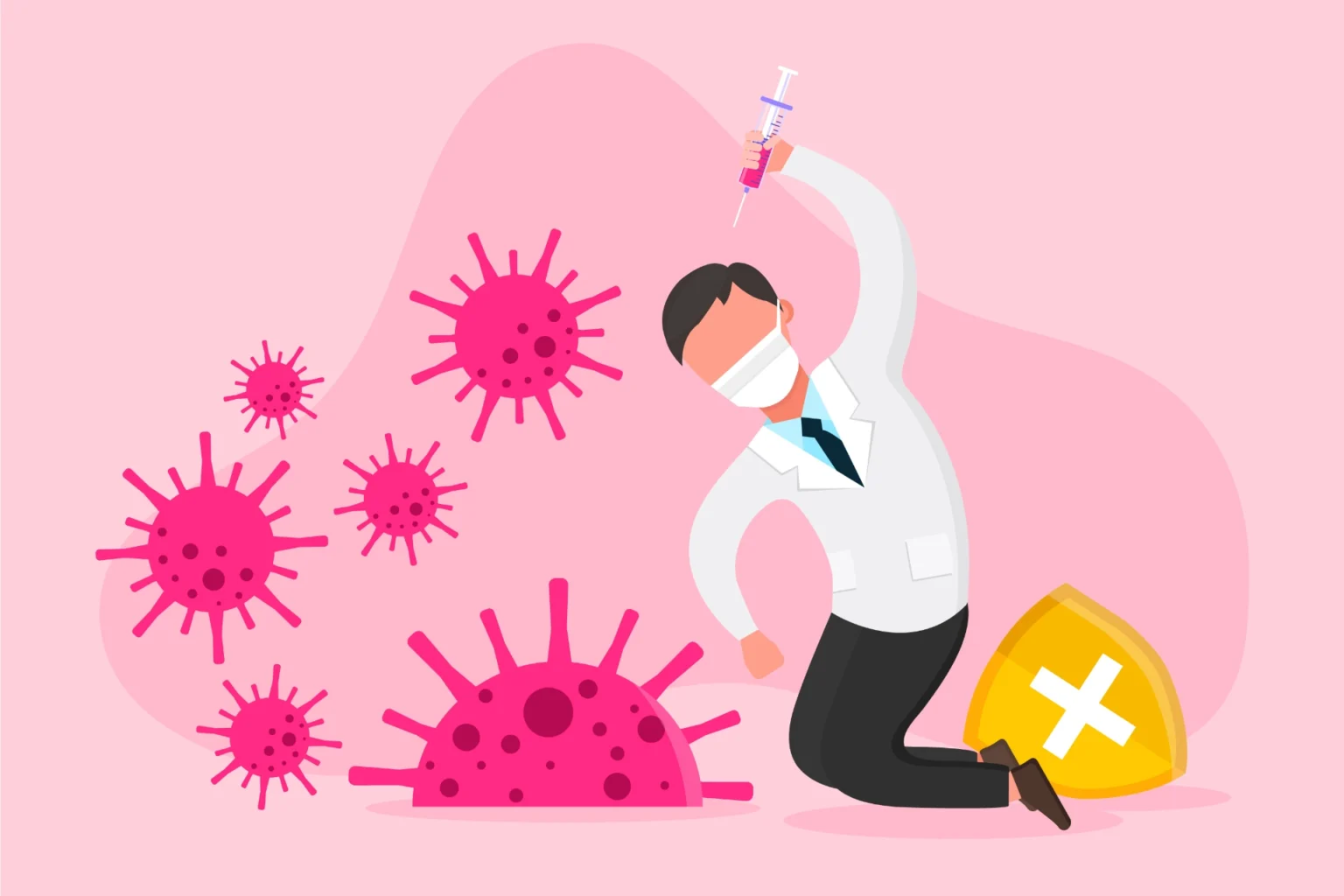Shingles can cause more than just a temporary rash. In some cases, individuals experience a lingering pain known as postherpetic neuralgia (PHN), which occurs after the shingles rash has cleared. PHN is a nerve pain that can last for months or even years, significantly impacting the quality of life for many sufferers, particularly older adults.
What Causes Postherpetic Neuralgia?
Postherpetic neuralgia occurs when the varicella-zoster virus, which causes shingles, damages nerve fibers. This damage leads to abnormal nerve signaling that can cause persistent pain, even after the skin has healed. Individuals over the age of 60 are more susceptible to developing PHN, as their immune systems may struggle to repair the damaged nerves.
Symptoms of Postherpetic Neuralgia
PHN is characterized by:
- Persistent burning or stabbing pain in the areas where the shingles rash occurred
- Sensitivity to touch or temperature
- Itching or numbness These symptoms can be severe enough to interfere with daily activities and cause emotional distress.
Risk Factors for PHN
Certain factors increase the risk of developing postherpetic neuralgia, including:
- Older age: People over 60 are more likely to experience PHN.
- Severe shingles outbreaks: A widespread or painful shingles rash can increase the likelihood of nerve damage.
- Delayed treatment: Prompt antiviral treatment for shingles can help reduce the severity of the rash and the risk of complications like PHN.
Managing Postherpetic Neuralgia
Treatment for PHN focuses on managing pain. Some options include:
- Pain relievers: Over-the-counter or prescription medications can help alleviate pain.
- Antidepressants or anticonvulsants: These medications target nerve pain specifically.
- Topical treatments: Creams or patches with numbing agents can provide localized relief.
Prevention
The best way to reduce the risk of postherpetic neuralgia is to prevent shingles in the first place. The shingles vaccine is highly effective in lowering the risk of both shingles and PHN, especially for older adults. Early treatment of shingles with antiviral medications can also help minimize the severity of the rash and prevent complications.
Conclusion
Postherpetic neuralgia is a debilitating condition that can follow a shingles outbreak, causing prolonged pain and discomfort. If you’re at risk, especially if you’re over 60, it’s important to consider getting vaccinated and seek early treatment if you develop shingles. For those already dealing with PHN, various treatments are available to help manage the pain and improve quality of life.
For more detailed information, visit Medical News Today.







 Anti-Rabies Vaccine (Pre-Exposure)
Anti-Rabies Vaccine (Pre-Exposure)

